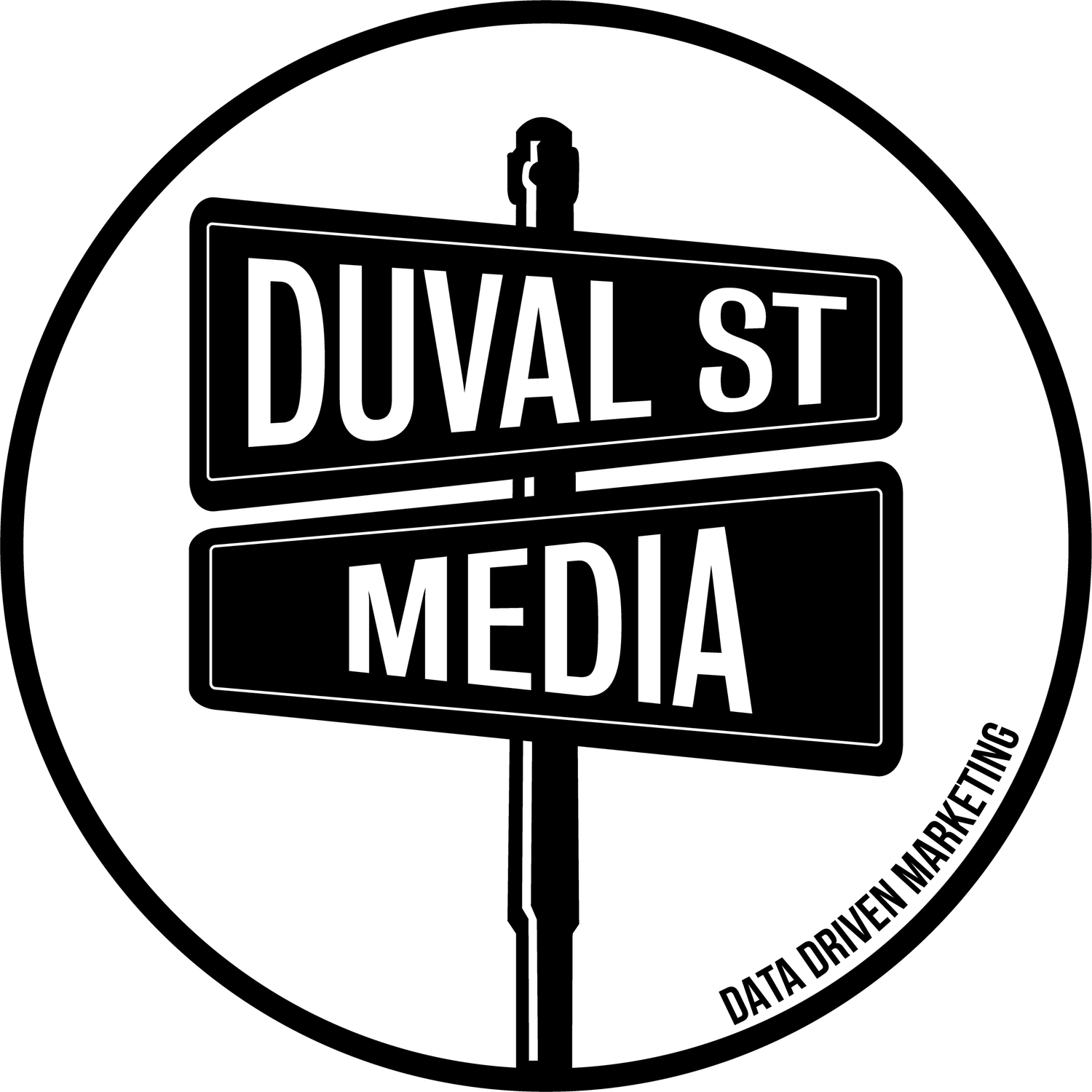Why Every Hotel Should Be Using Metasearch Advertising
In today’s competitive hospitality landscape, reaching potential guests at the exact moment they’re booking has become an art form—and one of the best ways to master it is through metasearch advertising. If you’re unfamiliar with this powerful tool, it’s time to dive in and discover why metasearch advertising should be a key part of every hotel’s marketing strategy.
What is Metasearch Advertising?
Metasearch advertising is a form of online advertising where hotels display their rates and availability across multiple platforms like Google Hotel Ads, Trivago, Kayak, and TripAdvisor. These platforms function like search engines for hotels, aggregating options for users by displaying rates from various booking sources, including the hotel’s direct booking site, OTAs (Online Travel Agencies) like Expedia, and other distributors.
Unlike OTAs, metasearch engines don't handle the booking process; they drive traffic directly to your booking site, allowing potential guests to view, compare, and ultimately book directly with you. This means that instead of paying a commission on each booking, you’re investing in pay-per-click (PPC) or cost-per-click (CPC) campaigns designed to capture guests when they're ready to book.
Why Every Hotel Should Be Using Metasearch Advertising
Direct Bookings with Lower Acquisition Costs
Direct bookings typically mean higher profit margins since hotels can avoid OTA commissions, which can be as high as 15–25% per booking. Metasearch advertising empowers hotels to own their booking funnel, providing a seamless transition for guests to book directly. According to a study by Koddi, metasearch CPC can be 30-40% lower than OTA commission rates, creating an effective alternative for capturing bookings.Visibility Where Guests are Actively Searching
Metasearch platforms provide a unique advantage by reaching users who are actively looking for a hotel in a specific location. This places your property front and center when potential guests are ready to make a booking decision. Google reports that 94% of leisure travelers switch between devices when planning a trip, and metasearch ads enable hotels to appear on multiple platforms simultaneously, maximizing exposure and capturing more bookings.Compete with OTAs for Brand Control
With OTAs frequently bidding on branded keywords, many hotels find themselves paying a commission for bookings they could have captured directly. Metasearch advertising allows hotels to regain control by offering the lowest rates directly, driving bookings to the hotel’s website rather than through OTAs. A recent Kalibri Labs study shows that guests who book directly often have a higher lifetime value and are more likely to be loyal to the hotel.
Examples of Successful Metasearch Platforms
Several metasearch engines allow hotels to reach a broad audience and compete effectively:
Google Hotel Ads: Google’s search dominance extends into the travel world, making it a powerful platform for hotel metasearch. Google Hotel Ads integrate directly with Google Search and Maps, capturing guests who search for “hotels near me” or similar terms.
Tripadvisor: As a global review and booking aggregator, Tripadvisor offers a trusted platform that attracts travelers worldwide. Hotels can compete directly with OTAs on Tripadvisor, directing more bookings back to their sites.
Trivago: Known for its engaging user experience, Trivago enables hotels to appear side-by-side with OTAs, giving properties the chance to display their lowest direct rates to potential guests.
Best Practices for Metasearch Advertising
Ensure Rate Parity
To successfully compete on metasearch platforms, ensure your direct booking rates are as low or lower than OTAs. Many platforms prioritize listings that offer competitive rates, so check for rate parity regularly. Koddi reports that rate parity issues can cost hotels up to 25% of their potential revenue on metasearch.Optimize Bids Based on High-Intent Searches
High-intent keywords, such as “book hotel in [city name],” tend to indicate a strong desire to complete a booking. By placing competitive bids on these high-intent search terms, you increase your chances of capturing those ready-to-book travelers. Google Hotel Ads reports a 25% higher conversion rate on high-intent terms compared to generic search terms.Utilize Data-Driven Budget Management
Efficient budget management is key to maximizing your return on investment in metasearch advertising. Platforms like Koddi and DerbySoft help hotels adjust their bids in real time based on demand, budget, and target cost-per-acquisition (CPA), ensuring campaigns are optimized even during low seasons.Leverage Mobile Optimization
Mobile accounts for more than 60% of all travel searches (Google), making it essential to optimize metasearch ads for mobile users. Ensure that your booking site is mobile-friendly, with a fast-loading, easy-to-navigate interface that simplifies the booking process for mobile users.Track Performance and Adjust Regularly
Track conversions, booking trends, and cost-per-click to identify which metasearch platforms drive the most direct bookings at the best cost. Google Analytics, alongside metasearch dashboards, provides insights into campaign performance, helping hotels identify where to allocate their budget effectively.
Supporting Stats
Increased Exposure: Google Travel Insights reported a 40% increase in travelers using metasearch engines before booking.
Higher ROI Potential: According to Phocuswright, metasearch can yield up to a 20% increase in direct bookings for hotels that optimize their campaigns correctly.
Mobile Impact: Mobile searches for "where to stay" grew by over 100% from 2018 to 2023, according to Google Trends.
Wrapping Up: The Power of Metasearch Advertising
Metasearch advertising isn’t just a passing trend—it’s an essential strategy for any hotel looking to maximize direct bookings, reduce reliance on OTAs, and improve profitability. By leveraging metasearch engines, hotels can reach potential guests at the exact moment they’re ready to book, using smart bidding strategies, optimizing for mobile, and prioritizing rate parity. Done right, metasearch advertising offers a powerful way to compete with OTAs, drive higher-margin bookings, and build a loyal guest base that returns again and again.
With metasearch advertising becoming increasingly essential for hotels of all sizes, it’s time to evaluate your current strategy and consider making metasearch a cornerstone of your digital marketing efforts.
